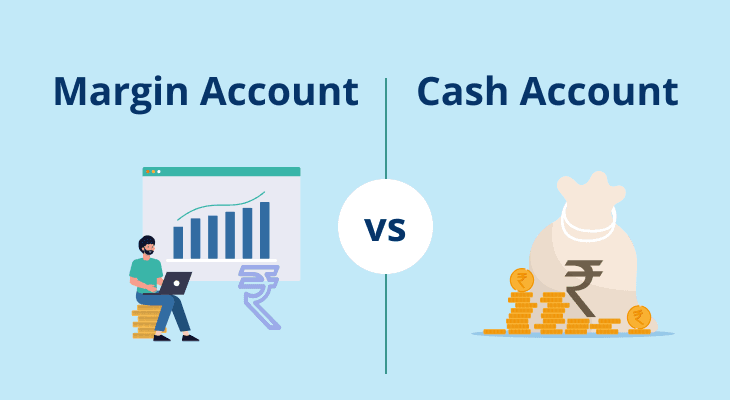
What are the Features of Demat Account
Prior to 1996, shares and securities were physically issued and traded in the stock market. But then in 1996, the Securities and Exchange Board of India introduced the concept of Dematerialisation. This changed the trading landscape drastically as investors could trade from anywhere with access to the internet. Demat account also expedites, simplifies, and lowers the cost of holding, investing, monitoring, and trading.
Why do you Need a Demat Account?
As per law, an investor can hold securities in either physical or electronic form and converting physical securities to electronic form is optional. However, in contrast to their dematerialized counterparts, monitoring physical certificates is more challenging. Furthermore, purchasing or selling shares in person is a hassle and time-consuming. This is why having a Demat account is recommended.
Features Of A Demat Account
Easy Share Transfers
- When buying or selling shares, investors can transfer their holdings quickly using an electronic Delivery Instruction Slip (e-DIS). Users are able to include all the information necessary for a transaction to go smoothly on these slips.
Freezing Demat Accounts
- Owners of Demat accounts have the option, if necessary, to temporarily freeze their accounts. If one wants to stop unauthorised debits or credits from being made to a Demat account, this option may be helpful. The option to freeze securities held in the account up to a certain amount is also accessible.
Pledging Facility To Avail Loan
- A number of brokers offer loans secured by securities that the borrowers have in their Demat accounts. The account holders utilise these holdings as security when applying for loans.
SPEED E-Facility
- Users can send instruction slips electronically through the National Securities Depository Limited rather than handing them in to the DP. As a result, the process is quicker and more convenient.
Multiple Accessing Options
- Demat accounts can be accessed in a variety of ways because they are managed electronically. Using a computer, smartphone, or other smart device connected to the Internet, you can access these accounts.
Corporate Benefits & Actions
- The owners of Demat accounts are automatically eligible for any dividends, credits, or interest that the corporations offer to their investors. Additionally, all shareholders' Demat accounts are automatically updated with information regarding company actions such as bonus issuance, right shares, or stock splits.
Benefits of Demat Account
Easy Holding
- Physical share certificate maintenance is a laborious task. Additionally, monitoring their performance is an additional duty. Holders of Demat accounts often find it easier to hold and manage all of their investments in a single account.
Lower Risks
- Due to losses, thefts or damages, trading physical certificates is dangerous. Additional dangers include phoney securities and faulty deliveries. By establishing a Demat account, holders have the option of keeping all of their investments in electronic form, eliminating these dangers.
Reduced Costs
- Physical certificates came with a number of extra expenditures, including stamp duty, handling fees and other such charges. These extra charges are nullified with a Demat account.
Odd Lots
- Prior to Dematerialisation , buying and selling of only fixed quantities was allowed. This presented a problem of odd lots. Demat accounts have resolved this problem.
Reduced Time
- The time needed to complete a transaction has decreased as a result of the absence of documentation. The account holder can buy and sell securities more quickly and effectively thanks to Demat accounts.
Physically visiting branch offices and filling out Demat account applications is a thing of the past. You can now open a Demat account from the comfort of your home in less than 5 minutes with m.Stock and trade free on equity delivery, mutual funds and IPOs.


